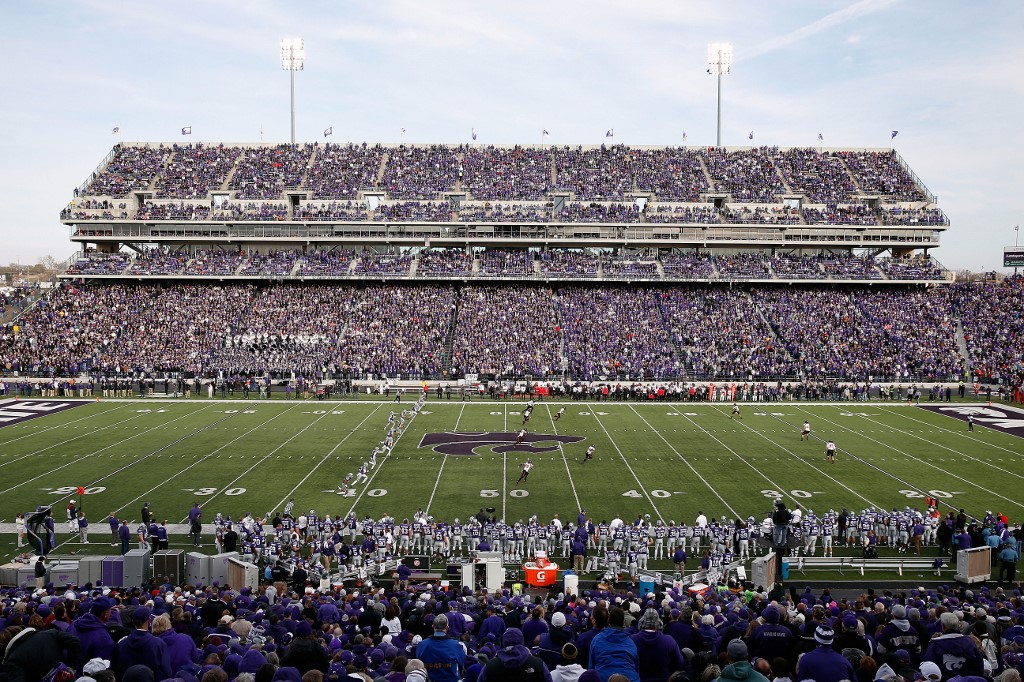Kansas lawmakers are considering changes to the state’s sports betting industry in light of neighboring Missouri’s launch of mobile sports betting and the expiration in 2027 of the five-year contracts held by the state’s sports betting sites.
Cause for Pause
Kansas launched its mobile sports betting industry in 2022 and imposed a moderate 10% tax on the sports betting revenues generated by the platforms. But there are several factors forcing lawmakers to consider the future of sports betting in the Sunflower State.
Chief among them is the impending launch of a mobile sports betting industry in neighboring Missouri, the expiration of the five-year sports betting licenses, which must be renewed next year, and the increasing tax rates on sportsbooks’ revenues throughout the nation.
The Impact of Missouri’s Launch
Kansas has derived a significant portion of its sports betting business from Missourians crossing the state line to make a wager. However, on December 1, 2025, Missouri will launch its own sports betting industry, and that faction of business could vanish overnight.
Tax rates on sportsbooks’ revenues have been escalating all over the nation, and Kansas’s 10% revenue tax is one of the lowest in the country, ranking 29th of 33 states in tax revenue per dollar wagered. Another concern is that only half of the state’s 12 sports betting licenses are being used.
All of these topics and many more were recently discussed at the Kansas Legislature’s Special Committee on Federal and State Affairs. A suggestion was made that the state could give one sports betting operator exclusivity in exchange for a high rate. Another was to do away with the promotional deductions that sportsbooks are allowed for free bets.
Time for a Change?
Kansas earned $17.4 million in taxes on sports betting revenue last year, a 70% increase compared to the previous year, but some, like Kansas Representative Tom Kessler, believe it is still not enough based on the current landscape.
“There have been some concerns over the amount of money that the state actually gets as far as actual hard revenue from this section of the betting,” Kessler said. “We’re talking about the finances of it, where that money is at, where that money goes, and whether or not there’s a better path.”
Lawmakers Push for Higher Tax Rates
State Representative Francis Awerkamp also believes the state is not getting its fair share of the sports betting pie.
“If you take a look at the percentage that Kansas gets, we’re one of the worst,” Awerkamp said. “There are all these scary risks about increasing tax rates, but we take a look at states all over, and they have much higher tax rates, and they seem to be doing just fine.”
However, others, like advocacy director John Pappas, said, “It also would be an interesting time to raise taxes above 10% when you have competition just right next door in Missouri with a market that is launching at 10%.”
This is not a subject that will go away anytime soon. However, the decision must be made whether to grow the industry at the current rate or raise taxes at a time when a neighboring state may cannibalize some of its business with its own citizens.







